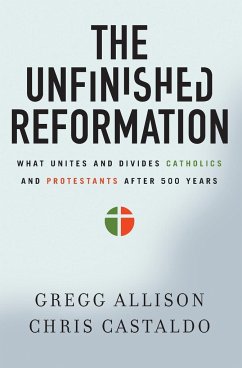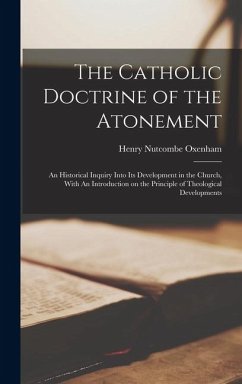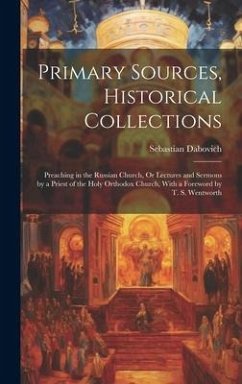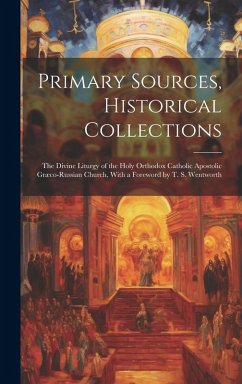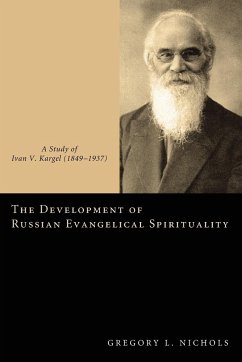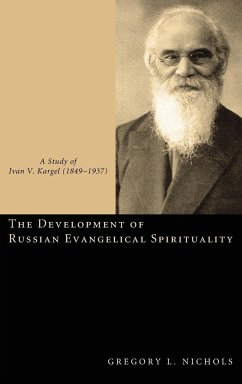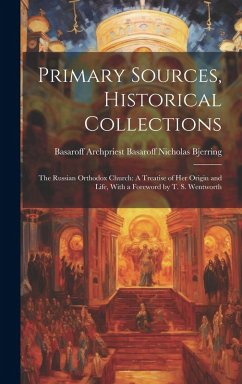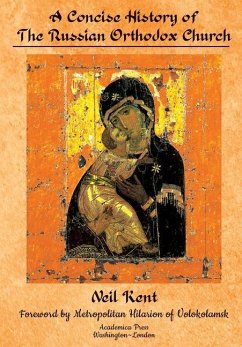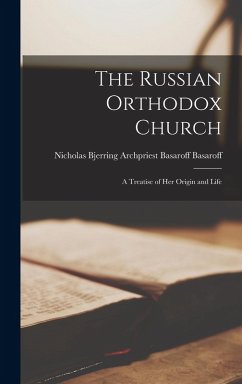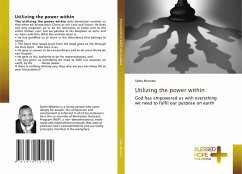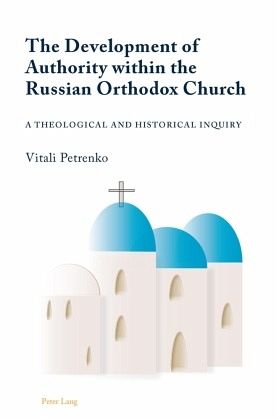
The Development of Authority within the Russian Orthodox Church
A Theological and Historical Inquiry
Versandkostenfrei!
Versandfertig in 6-10 Tagen
64,80 €
inkl. MwSt.

PAYBACK Punkte
0 °P sammeln!
Following the period of glasnost and perestroika, the Russian Orthodox Church rose from the ashes of the Soviet Union and its ideology, and started to reassert its rightful place and authority within and beyond its canonical territory. This authority was exercised and revealed on several levels in relation to the rest of Christendom, both East and West: first, in relation to the 'Mother' Church and the Patriarchate of Constantinople and, second, in relation to the Roman Catholic Church and Protestant churches. In this book, the author addresses the previously unexplored issue of authority with...
Following the period of glasnost and perestroika, the Russian Orthodox Church rose from the ashes of the Soviet Union and its ideology, and started to reassert its rightful place and authority within and beyond its canonical territory. This authority was exercised and revealed on several levels in relation to the rest of Christendom, both East and West: first, in relation to the 'Mother' Church and the Patriarchate of Constantinople and, second, in relation to the Roman Catholic Church and Protestant churches. In this book, the author addresses the previously unexplored issue of authority within the Russian Church and considers how and what type of authority was developed within the Church during its turbulent and controversial history and how this affects its operation today. The work investigates the historical contexts and events which led to a particular concept of authority being formulated in the Russian Orthodox Church within the wider framework of time, geography, theology and philosophy.



